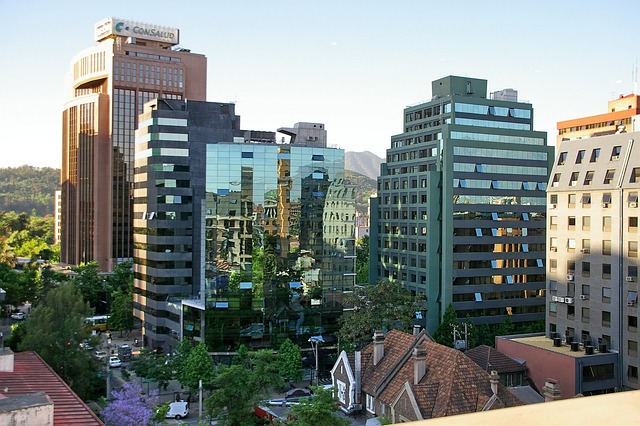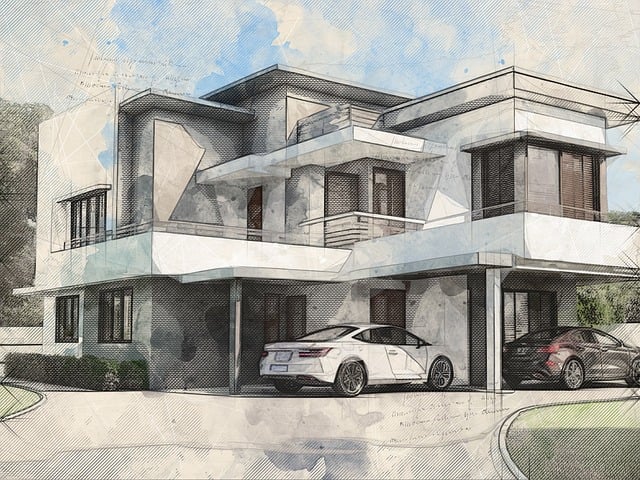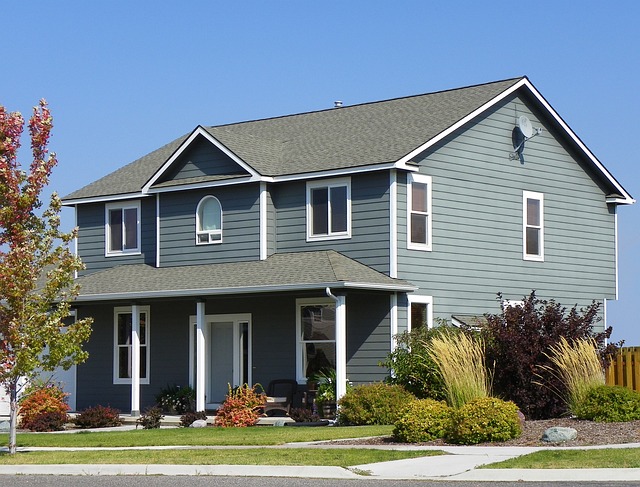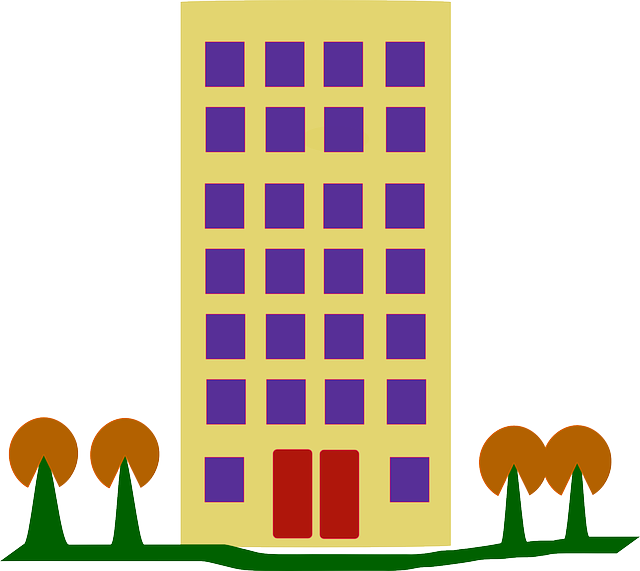Executive Condominiums (ECs) in Singapore are a specialized housing option designed for executives and married couples who require more space than traditional public housing but at a lower cost than private condos. These ECs offer the luxury of condo amenities like swimming pools and gyms while benefiting from government subsidies, thanks to their unique status that blends elements of both public and private living. To qualify for an EC, buyers must meet specific criteria such as income limits and occupational deeming status, and they must intend to reside in the unit for a set period before it can be sold on the open market. After 10 years, ECs convert into fully privatized condominiums, which may affect their resale value and investment potential. The price of ECs varies based on location, availability, demand, and economic conditions, offering a range of affordability across different projects. The value of an EC is influenced by its proximity to essential services and transportation, as well as the quality of its facilities. Prospective buyers should conduct thorough research and consider various factors before investing due to the unique conditions surrounding EC ownership. As a housing solution, ECs reflect Singapore's ongoing efforts to offer adaptable living options for its residents, with the government regularly updating policies to meet changing needs. ECs remain a key part of Singapore's diverse housing market, embodying the nation's commitment to balanced urban development and sustainable living.
Executive Condominiums (ECs) in Singapore offer a unique blend of public and private housing benefits, catering to the needs of middle-income families. This article delves into the intricacies of ECs, from their definition and evolution to the practicalities of purchasing one. We will explore the eligibility criteria, the advantages of living in an EC over other housing types, and how these residences play a pivotal role in fulfilling the housing aspirations of Singaporeans. Additionally, we’ll navigate the buying process, highlighting key factors that influence EC prices such as location, amenities, and development trends. With a focus on the latest price trends and government policies, this article aims to equip readers with the knowledge to make informed decisions about investing in an Executive Condo.
- Understanding the Executive Condominium (EC) Landscape in Singapore
- 1. Definition and Evolution of ECs in Singapore
Understanding the Executive Condominium (EC) Landscape in Singapore

In Singapore, the term ‘Executive Condominium’ or EC refers to a unique hybrid housing model designed for public scheme executives and married couples who wish to own a larger home with better facilities. These residential units are a blend of private and public housing. They offer the luxuries of a condo, such as a swimming pool, gym, and other recreational amenities, while being sold at subsidized prices compared to traditional private condos. The landscape of ECs in Singapore is dynamic, with eligibility criteria that have evolved over time. Prospective buyers must meet specific income ceilings and occupation guidelines; they must also intend to occupy the unit for a minimum period before it can be sold on the open market. The transition from EC to private condo status occurs after a set number of years, which currently stands at the 10th year from the date the EC is first sold. This transition affects property values and investment potential, making it crucial for buyers to understand the timeline and conditions associated with EC ownership.
The pricing landscape of ECs in Singapore is influenced by various factors including location, supply, demand, and the broader economic conditions. Prices can vary significantly between different EC projects, reflecting their respective positions within the island-state. Proximity to amenities, transportation links, and the quality of finishes within the development itself are key considerations that affect the pricing. As such, potential buyers must conduct thorough research and consider multiple aspects before making an investment in an EC. Understanding the nuances of the EC market is essential for investors and homeowners alike, as it offers a unique opportunity to own a spacious and well-appointed condo at a price point that is more accessible than its private counterparts. The EC landscape is a testament to Singapore’s commitment to providing diverse housing options that cater to the changing needs of its residents.
1. Definition and Evolution of ECs in Singapore

In the dynamic real estate landscape of Singapore, Executive Condominiums (ECs) have emerged as a unique housing option that caters to the needs of both families and professionals seeking a step up from public housing while not fully entering the private property market. Initially introduced in the 1990s as a hybrid of public and private housing, ECs are designed for couples who meet certain criteria, including being first-time flat owners, singles who have been granted loans for at least two years, or families with an income ceiling. Over time, the definition and evolution of ECs have adapted to changing societal needs and market dynamics. These residential units offer larger living spaces and enhanced facilities compared to public housing estates, yet they are more affordably priced than typical private condominiums. As a result, ECs have become a popular choice for upgrading families, providing them with the opportunity to enjoy condo living within a tight-knit community setting while offering capital appreciation potential over time.
The evolution of ECs in Singapore reflects the government’s commitment to providing diverse housing options and ensuring that they remain accessible and affordable. Over the years, ECs have undergone several changes in eligibility criteria, lease duration, and qualifying conditions for resale. For instance, the maximum lease length for an EC was extended to 99 years to align with private properties, and the resale market for ECs has become more dynamic. The pricing of ECs is influenced by various factors including location, development potential, and market demand. As Singapore continues to develop, ECs remain a key component in the housing spectrum, offering a middle-ground solution that adapts to the aspirations and lifestyles of its residents.
In conclusion, the Executive Condominium landscape in Singapore presents a nuanced housing option that bridges the gap between public and private housing. With its evolving definition and status over the years, ECs have become a sought-after choice for many aspiring homeowners. Prospective residents should consider the unique advantages and eligibility criteria associated with these properties when exploring their housing options in this dynamic city-state. The insights provided into the Singaporean EC market offer a clear understanding of its significance and the potential it holds for both current and future residents, emphasizing the role of such developments in shaping diverse and vibrant communities.



